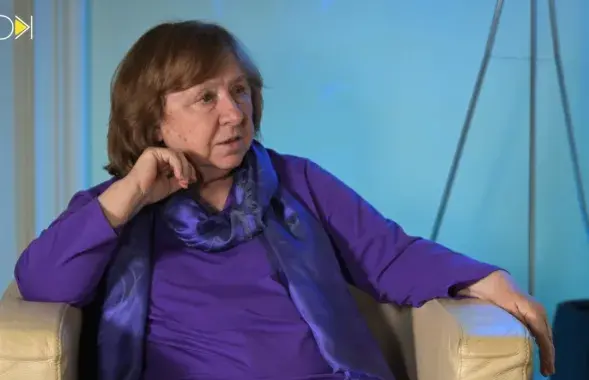Children’s problems are same in Belarus and abroad, solutions are different
International and Belarusian experts in helping molested children have gathered in Minsk.
The third international conference of the series “Safe Belarus for children” his taking place in the Belarusian capital these days. Experts of commission for minors’ affairs, teachers, journalists and representatives of the authorities are discussing the issues of protecting children from violence. Euroradio has interviewed one of the organizers of the conference, executive director of the International civil association “Understanding” Andrei Mahanko.
Euroradio: Are Belarusian children’s problems different from the problems of their coevals in other countries?
Mahanko: There is almost no difference. The problem of molesting children is universal. British children do not differ from Belarusian children in any way. However, the system of protecting children who have become victims of violence is different in developed countries. Connections between professionals of various fields of assistance have existed there for a long time. Belarus is building up such connections here with the help of British experts and our partnership organization in the British Parliament. The project is financed by the European Union. The partnership of the state and civil community in Belarus is aimed at developing the system of protection of children from violence.
Euroradio: Why didn’t the mechanism exist in Belarus?
Mahanko: I would not say that the system did not exist at all. There was a system caring for children deprived of parents’ care. The problems of protecting children from violence is specific. It was made public in our country only at the beginning of the 21st century. Now we have to get the system into a shape that everyone could comprehend. The shape should resemble the systems that have already been established worldwide.
Euroradio: What should the system consist of? Besides the children’s hot line…
Mahanko: Besides the 24/7 children’s hot line, there are rooms for questioning victims and witnesses of various crimes, namely of sexual crimes. The rooms can be found in the the regional centres of our country and in Navapolatsk. There are eight of them now. We are going to increase their number to 12 in the first six months of the year. Taking into account the fact that we will open ten more rooms in Belarusian courts, there will be more than 20 of them in 2012. Another element of the system is rehabilitation of molested children. We are advancing in this direction too. The system consists of two parts. The first one is medical rehabilitation of children who have suffered from physical or sexual violence a lot. The second part is psychological rehabilitation. We are planning to launch the programme in our country’s social and pedagogical centres.
















